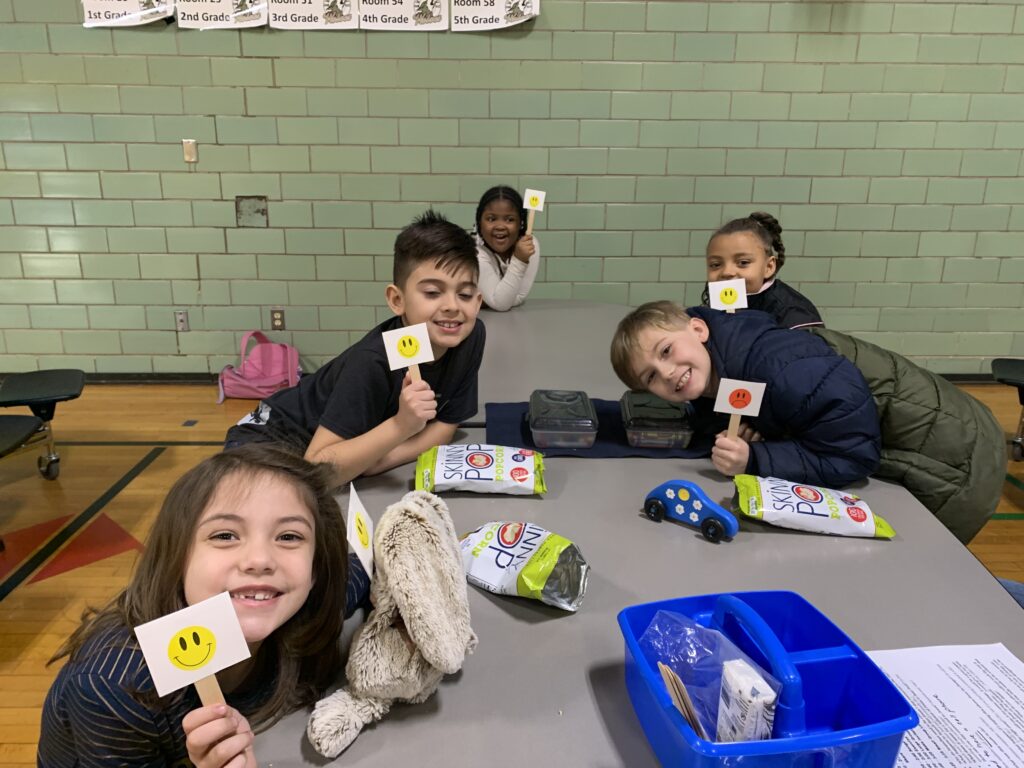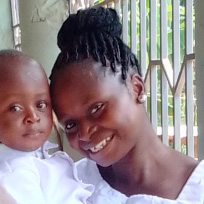
5 Tips for Teaching Younger Kids
For leaders who work with small groups of kindergarteners, 1st or 2nd graders, try some of the following suggestions to maximize your small group time.
Simplify the material. For the Bible story, stick to the facts of the plot and the main idea. Remove contextual or historical details that don’t affect the main teaching point. For example, if you were teaching the story of the Good Samaritan, it wouldn’t be very age appropriate for kindergarteners to hear a detailed cultural explanation of what it meant to be a Samaritan in Jesus’ time. An additional simple adaptation of the small group lesson is to choose fewer discussion questions (if you want to do this, choose the questions in the lesson marked with asterisks.) Another way to lessen the difficulty level is to shorten Bible verses or choose fewer of them. For example you could choose one verse for your small group to focus on monthly instead of weekly.
Use lots of visuals. Many leaders find that coloring pages are a good way to keep little hands busy while they are being asked to listen or to discuss the story. Object lessons and storytelling that incorporates props or visuals helps young children who are concrete learners. If you have a smart phone, you could use an app like the Bible Story app for kids, or video clips on Youtube selected ahead of time to review a Bible story.
Keep it playful. Young children learn a lot through imaginative play. Give young children a chance to act out the story using visuals like small objects or figurines. Use games to make discussion time lively and engaging (e.g. dice games, ZAP!, or memory are great for this).
Incorporate repetition and ritual. Young kids thrive on routine and repetition. Figure out what special routines your small group might have each week, for snack, for sharing, for prayer, etc. Avoid always doing new activities that require learning new instructions; instead, pick activities or games that they like and repeat them often. You could choose a repetitive teaching point for the whole year that you weave into every lesson (E.g. God is My Rock and He Loves Me, God is My Light and He Loves Me). Also, try repeating key phrases to give instruction such as:
- I need you to . . .
- Could you do me a favor and . . .
- It would be really helpful if you . . .
Check your expectations. Make sure your expectations are realistic. If you have a small group of kindergarteners, don’t expect to make it through all the material in a lesson. Set goals for your group that are achievable considering the age and development of the children. Understand that very young children are concrete learners, and are not ready to make abstract connections about spiritual things. You may not see a ton of observable spiritual growth with very small children, but that doesn’t mean you aren’t playing a huge role in their lives. You have a chance to help lay a strong foundation and to build relationships that point children toward God and his Word both now and as they grow and mature.












































